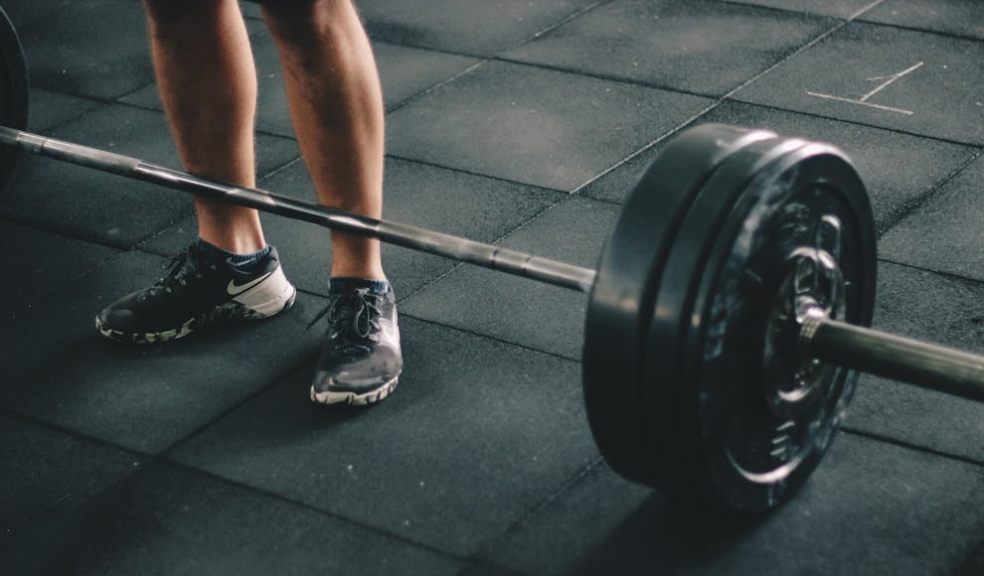
How Small-Town Gyms Are Transforming Everyday Life in Devon
Small towns across Devon are seeing a quiet shift in how people look after themselves. It is not coming from new leisure centres or big branded fitness clubs. It is happening inside the smaller, locally run gyms that are becoming part of people’s weekly routines. These places are changing how residents think about movement, motivation, and community.
A gym in a town like Tiverton, Newton Abbot, or Bideford does not feel like a glossy showroom. It feels like somewhere you can go after work without having to put on a performance. People turn up in whatever they have on hand. They train for a while. Then they go home feeling better than when they arrived. Little by little, that rhythm begins to shape the rest of their week.
Why Devon Residents Are Choosing Smaller Gyms
People here tend to prefer smaller gyms because they feel understood. You are not pressured to follow the latest online trend or buy a whole new wardrobe to fit in. The atmosphere is closer to a community hall than a performance stage. Many still follow the best gyms in London online, mostly to see what new training ideas are popping up in the city. But when it comes to the place they show up three or four times a week, London trends do not matter much. What they want is a space that feels steady and human.
Gyms built around simple, well-structured classes are becoming the norm. Boxing sessions. Small-group conditioning. Strength blocks. Mobility hours. The layout is intentional and easy to follow. The coaching is clear without feeling harsh. You get the benefit of a well-designed programme without the impersonality that creeps into larger fitness clubs. It feels like someone actually pays attention.
That is why these gyms work so well in Devon. People want a place that recognises them. Not a spotlight. Not a crowd. Just a space that becomes familiar enough to return to without thinking about it.
How Gyms Have Become Social Anchors for Devon Communities
Devon is friendly, but it is easy to feel spread out. People work across different towns. Some spend long hours driving or working outdoors. A gym becomes a steady place in the middle of all that movement. Even without long conversations, it gives people a feeling of being part of something.
There is a comfort in walking into a room where you can simply exist. You do not need to talk. You do not need to impress anyone. You just train alongside others who are trying to feel stronger and clearer in their own way. A nod from someone you saw last week is sometimes enough to make the session feel familiar.
For many, that sense of low-pressure connection is what keeps them coming back. It fills a gap that small towns sometimes struggle with, especially during the darker months when people retreat indoors for longer stretches of time.
Why Smaller Spaces Make Fitness Feel Achievable
The Devon approach to fitness tends to be practical. A smaller gym suits that mindset. There is no confusion about where to start or what to do. Most offer simple class structures, strength blocks, circuit sessions, or guided mobility work. People do not have to spend ten minutes deciding which machine to use. They can walk in, follow the session, and leave feeling like they achieved something.
This simplicity is a relief for many. Busy parents, shift workers, and older residents often say they prefer smaller spaces because they know the environment will not overwhelm them. The noise level stays low. The group sizes feel manageable. Instructors can pay attention without hovering. The whole experience feels like it respects people’s time and energy.
The gyms also suit Devon’s outdoor culture. Someone might do a few sessions a week indoors and then spend weekends walking on the moors or cycling along the coast. The gym becomes one piece of a bigger picture rather than the centre of it.
How Local Gyms Are Helping Build Healthier Routines
The biggest transformation happening in Devon is not inside the workout itself. It is in what happens afterwards. People sleep better on the nights they train. They move more during the week because the body feels more awake. They pick lighter meals because they naturally want them. None of these decisions feel forced. They grow out of the simple rhythm of training.
Small-town gyms help this rhythm settle in because their schedules rarely change. A class runs at the same time every week. The room looks the same each session. That predictability helps people stay consistent, even when the rest of life feels unpredictable. The gym becomes the one part of the week that does not shift or demand extra planning.
Many residents say they never expected such a small place to affect their daily lives this much. But once the habit takes root, it becomes one of the easiest parts of the week to protect.

















